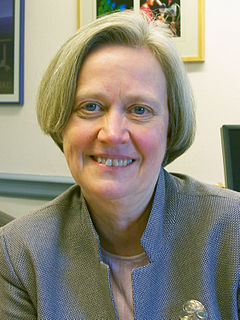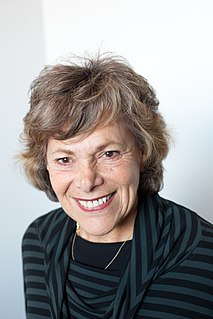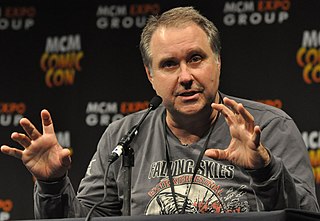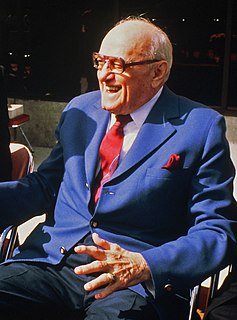A Quote by Shirley M. Tilghman
The big idea we start with is: "How is the genome interpreted, and how are stable decisions that affect gene expression inherited from one cell to the next?" This is one of the most competitive areas of molecular biology at the moment, and the students are reading papers that in some instances were published this past year. As a consequence, one of the most common answers I have to give to their questions is, "We just don't know."
Related Quotes
A renaissance in cellular biology has recently revealed the molecular mechanisms by which thoughts and perceptions directly influence gene activity and cell behavior...Energy psychology, through its ability to rapidly identify and reprogram limiting misconceptions, represents the most powerful and effective process to enhance physical and emotional well being.
The students of biodiversity, the ones we most need in science today, have an enormous task ahead of molecular biology and the medical scientists. Studying model species is a great idea, but we need to combine that with biodiversity studies and have those properly supported because of the contribution they can make to conservation biology, to agrobiology, to the attainment of a sustainable world.
[in 1998] I know my political ideas affect what I write but I've tried to follow the facts wherever they land. Every topic I've written about begins as a question. How do police departments behave? Why do bureaucracies function the way they do? What moral intuitions do people have? How do courts make their decisions? What do blacks want from the political system? I can honestly say I didn't know the answers to those questions when I began looking into them.
Most of us think that decisions such as where shall I live, with whom shall I partner, what shall I pick as a career for my life are the most important decisions that we make. But from the point of view of the universe these decisions are not that important. Within you, you have already made decisions about who you are, what the universe is and how you will relate to other people and how you will relate to the universe and these decisions are creating consequences in your life moment by moment.
If we respect students abilities to define their own experiences, to generate their own hypotheses, and to discover new ways of categorizing the world, we might not be so quick to evaluate the adequacy of their answers. We might, instead, begin listening to their questions. Out of the questions of students come some of the most creative ideas and discoveries.
It is easy to make out three areas where scientists will be concentrating their efforts in the coming decades. One is in physics, where leading theorists are striving, with the help of experimentalists, to devise a single mathematical theory that embraces all the basic phenomena of matter and energy. The other two are in biology. Biologists-and the rest of us too-would like to know how the brain works and how a single cell, the fertilized egg cell, develops into an entire organism
A word, and all the infinite fluctuations it may possess. Like that moment when you know you have something to say, and you know you're speaking, even, but you still have no idea how you will say it. Or the moment when, as a reader, you're reading, and you are understanding what you are reading, but still have utterly no idea what will come next for you, what precisely the author wants to say. For me, that is the ultimate level of literary depth, of literary density.
I think that was in the discussions when NBC finally bought it and was trying to figure out how to distinguish it as an event. I'll be honest, we did shoot it with the idea of it being an on-going series, but because I am insane when I get to the end of a season and they give you a big, giant cliff-hanger with no answers, I insisted that we provide all the answers to the questions that we set up, at the beginning.
At last, the newspapers discovered the Bears. I kept writing articles about upcoming games, and by reading the papers, I learned editors like superlatives. I blush when I think how many times I wrote that the next game was going to be the most difficult of the season or how a new player was the fastest man in the West.


































